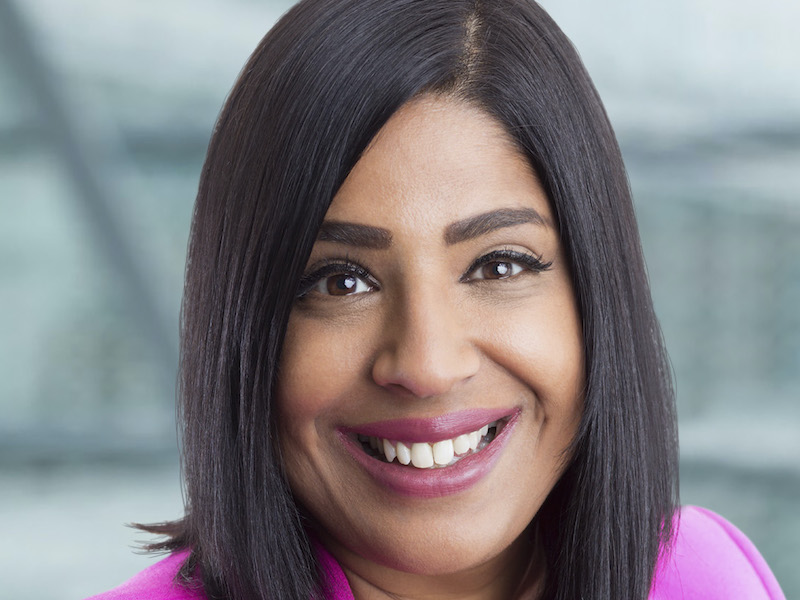
Diversity, equity and inclusion is a business imperative that has a direct impact on institutional investors’ overall performance.
While investors can have the best strategy and all the capital in the world, human capital is critical to executing the organization’s vision and generating returns, said Sunita Mahant, senior director of legal affairs and head of global initiatives, diversity, equity and inclusion at Ivanhoé Cambridge, the real estate arm of the Caisse de dépôt et placement du Québec, during the Canadian Investment Review’s 2022 Global Investment Conference in April.
Having different perspectives around the table allows organizations to innovate and prevents blind spots, she said, noting that, at some point, lack of innovation will impact performance. She suggested institutional investors work together with their industry peers and investment managers to create criteria to which they’ll all hold themselves accountable. “As an investor, we have the ability to influence and to drive change.”
Read: University Pension Plan integrating DEI into investment strategy
Indeed, Ivanhoé Cambridge is helping its peer group in the global real estate market develop environmental, social and governance key performance indicators — particularly in DEI — that will be disseminated to the entire sector.
Part of the baseline toward driving change is to establish how lack of focus on DEI impacts the business and its performance, explained Mahant. In order to align its policies with its practices, she said the organization reviewed where it could be more objective and where barriers lay for end users in its industry.
Brand reputation is also important for all companies, she noted, suggesting that, in order to capture blind spots, investment organizations consider what customer orientations are missing and whether they’re able to connect with all of their end users.
Recently, Ivanhoé Cambridge invested in a real estate development project dedicated to people with disabilities. While Mahant said there are all kinds of evaluation criteria and risk analyses behind any investment made by the organization, she noted this one meets all the criteria in terms of underwriting and expected returns.
Read: Pride Month: Institutional investors focusing on inclusivity, social factors
The investment property also enhances Ivanhoé Cambridge’s talent attraction, she said, adding that its employees are proud to work for a company that’s thinking about the impact their investment properties will have on people in local communities.
Diversity is one piece of the equation, but inclusion is where the real work happens, said Mahant. Diverse representation leads to diversity of thought, but inclusion creates the space where people can share their perspectives. “You’re going to be able to develop that talent . . . [and] come up with . . . new investment ideas.”
The real estate investor has also established DEI targets for 2022 to hold itself accountable and drive change within its industry. In addition, it’s reviewed the process and selection criteria for people who sit on the boards and committees for the companies in which it invests. It introduced objective criteria that taps into a more diverse talent pool and is examining how it can develop talent that may not necessarily have exposure to the industry or possess the competencies yet to sit on one of its investment boards or committees. Internally, Ivanhoé Cambridge conducted unconscious bias training for its board, executive committee, managers and its human resources team in 2021.
Read: HOOPP focusing on DEI, stopping anti-Black racism
Inclusion also involves reviewing practices to ensure policies truly are inclusive, said Mahant. When recruiting, the organization ensures job descriptions don’t present barriers for candidates in the way they’re written. “Do you really need to have a real estate background to come and work within a real estate company or, [if] you have the skillset . . . from an investment side and a financial side, can you learn those [other] things?
“That’s inclusion,” she added. “The removing [of] barriers or interrupting bias . . . [by] adding that objective lens and . . . creating a more inclusive organization.”
Read more coverage from the 2022 Global Investment Conference.
